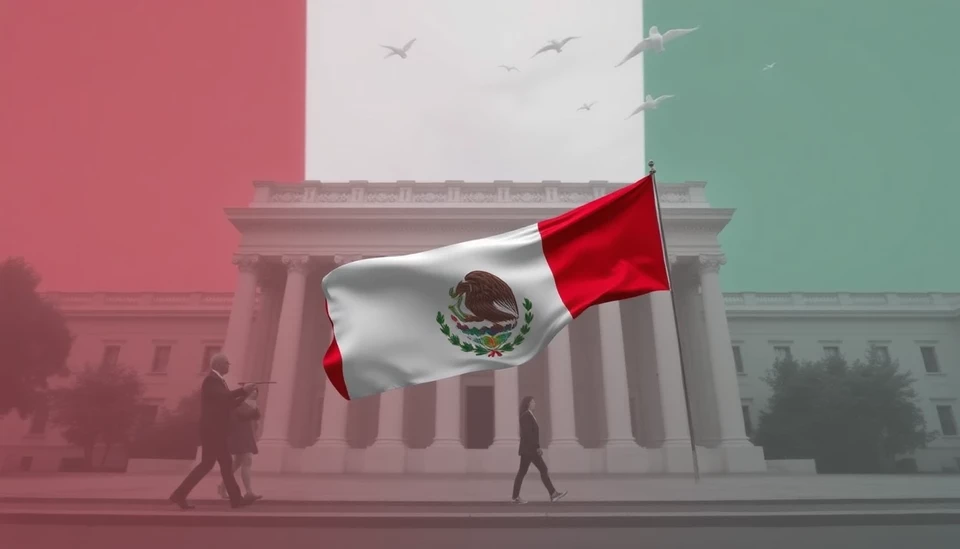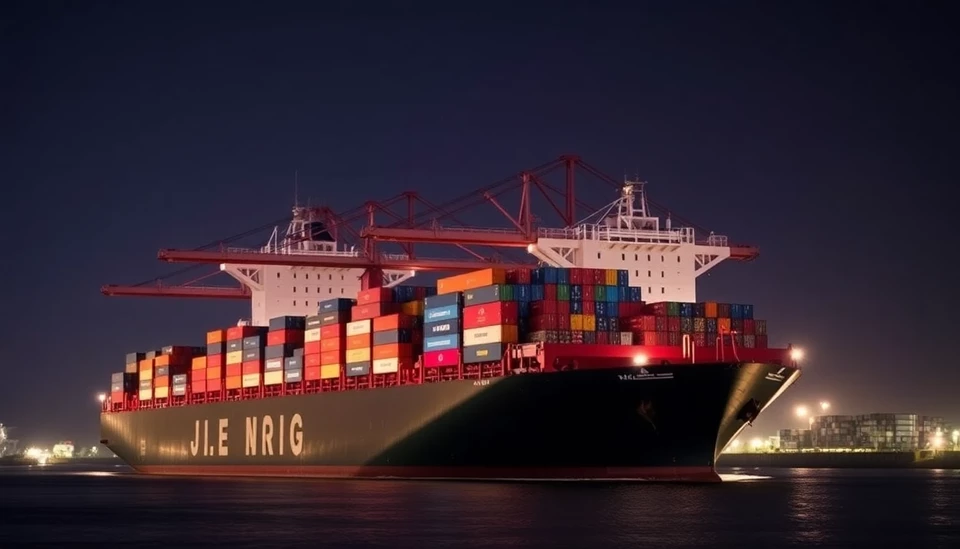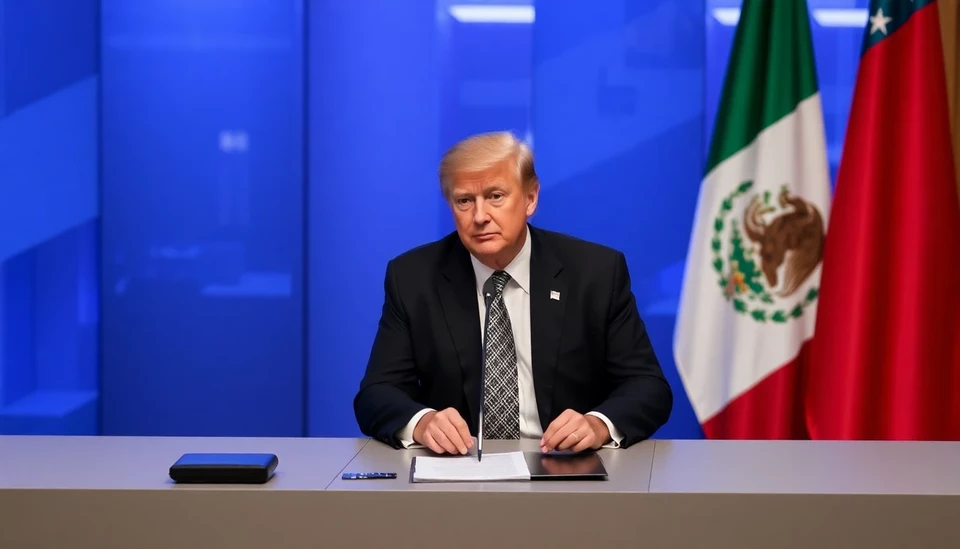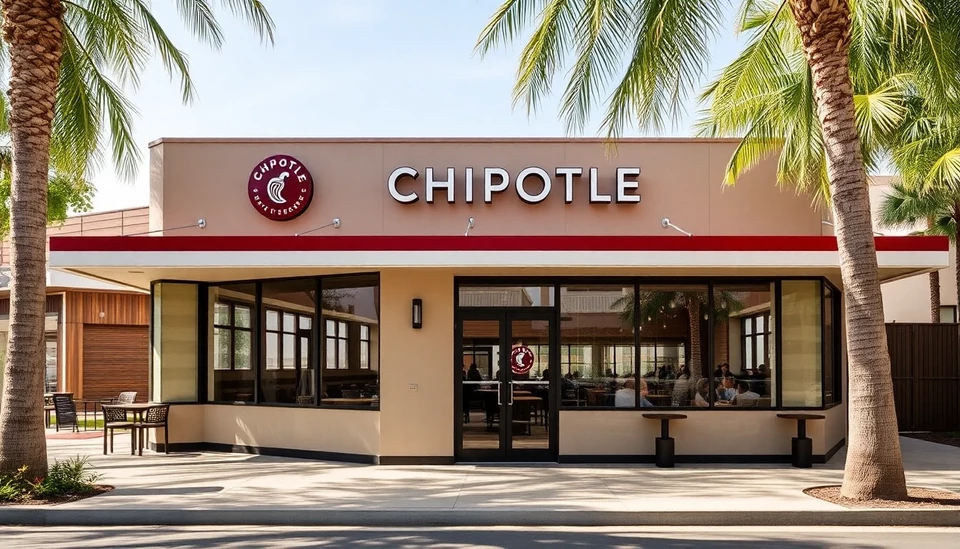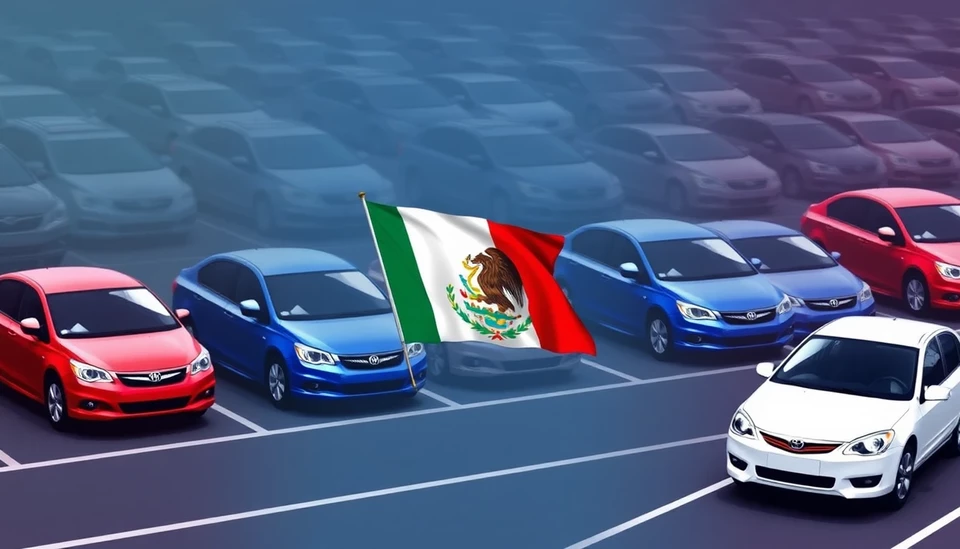
In a significant development for the automotive industry, Mexican trade officials announced plans to increase exemptions to auto tariffs. This move, aimed at optimizing trade agreements, comes as part of Mexico's broader strategy to strengthen its position in the automotive market, particularly in the wake of changing global trade dynamics.
During a recent press conference, a high-ranking official from Mexico's Economy Ministry revealed that the government seeks to bolster exemptions to tariffs on certain vehicle imports. This initiative is designed to enhance competitiveness against regional and international markets, providing a strategic advantage for car manufacturers operating within the country.
The proposed revision of tariff exemptions emphasizes a commitment to fostering foreign investment in Mexico’s automotive sector. The country, known for its robust manufacturing capabilities, has continued to attract automotive giants from around the globe, drawn by favorable production costs and a skilled workforce. With these new measures, Mexico aims to further solidify its status as a pivotal hub for automobile manufacturing.
Officials indicated that the initiative will not only promote local production but also aim to streamline supply chains and reduce costs for manufacturers. By revisiting tariff structures, Mexico hopes to facilitate easier access for key components and parts vital for vehicle assembly. This approach aligns with Mexico’s objectives to bring in more advanced technology and innovation into its automotive industry.
Furthermore, the proposed changes come at a crucial time when global automotive markets are increasingly competitive. As electric vehicle production gains momentum and consumer preferences shift, Mexico’s ability to adapt its tariff policies may prove essential in maintaining its attractiveness to international investors.
In the context of U.S.-Mexico trade relations, the Mexican government is keen on reinforcing its cooperative ties with the United States while simultaneously ensuring that domestic industries are safeguarded. The officials have clarified that these exemptions will be carefully calibrated to avoid any potential adverse effects on local manufacturers.
As the proposal progresses, it is expected that further discussions will take place involving stakeholders from the automotive sector, including manufacturers, suppliers, and industry associations. These talks will be pivotal in shaping the final framework of the policy adjustments and ensuring that the interests of all parties involved are adequately represented.
In conclusion, Mexico's plan to increase auto tariff exemptions represents a forward-thinking approach aimed at enhancing its automotive industry’s competitiveness on a global scale. The implications of these changes will be closely watched as the country navigates the complexities of international trade and seeks to attract more investment in the years ahead.
#Mexico #AutoIndustry #TariffExemptions #TradePolicy #Manufacturing #ForeignInvestment #AutomotiveMarket #ElectricVehicles
Author: Daniel Foster
